A landmark event exploring race in America
A landmark event exploring race in America
Poetry and Race in America
How the Humanities Engage with Social Problems
Two Special Events in Pittsburgh
Free and Open to the Public
Readings and Moderated Discussions
Monday, March 21, 7-9 p.m.
Frick Fine Arts Auditorium
University of Pittsburgh, Oakland Campus
Moderated by Terrance Hayes, Co-Director
Center for African American Poetry and Poetics
Interactive Workshop
Sunday, March 20, 5-6:30 p.m.
Kelly-Strayhorn Theater Alloy Studios
5530 Penn Avenue
Hosted by Janera Solomon, Executive Director
Kelly-Strayhorn Theater
About the Events
Two departments at the University of Pittsburgh will combine artistic forces for a landmark event, giving the community a chance to explore the most profoundly vexing problem in America—race—through the insight and writings of six acclaimed African American poets.
“Poetry and Race in America: How the Humanities Engage with Social Problems,” sponsored by University of Pittsburgh Press (UPP) and the new Center for African American Poetry and Poetics (CAAPP), will feature poetry readings and a moderated discussion. Participants include three generations of award-winning black authors from the Pitt Poetry Series. The event is scheduled for Monday, March 21, at 7 p.m., at the Frick Fine Arts Auditorium in Oakland, on the University of Pittsburgh campus.
Free and open to the public, “Poetry and Race in America” is part of the official “Year of the Humanities in the University, University of Pittsburgh,” which seeks to highlight the contributions of humanistic studies in the modern world.
“In light of recent events in Ferguson, New York, and Baltimore that have once again revealed systemic police violence against African Americans, this opportunity to offer a public venue to present the artistic engagement of poets could not be more timely, or powerful,” said Pitt Professor Terrance Hayes, co-founder and co-director of CAAPP with Dawn Lundy Martin.
“When we think of ‘social problems’ and the academy, it’s natural to think of the important work of sociologists, political scientists, economists, and other social scientists. But the humanities such as art, music, creative writing, and poetry, also engage with social issues, often very powerfully,” stated UPP Director Peter Kracht. “We saw Pitt’s Year of the Humanities program as an opportunity to showcase how African American poets engage the deep-rooted American problem of race, through their art, their lives, and their ideas.”
Ed Ochester, editor of the Pitt Poetry Series, added, “Perhaps the most remarkable aspect of American poetry in recent years is the prominence, quality and diversity of the work of African American poets.”
“Poetry and Race in America” will include acclaimed authors from the Pitt Poetry Series who represent three generations of perspectives: Toi Derricotte, Afaa Michael Weaver, Ross Gay, Lyrae Van Clief-Stefanon, Nate Marshall and Rickey Laurentiis.
In order to maximize the presence in Pittsburgh of these esteemed writers, several will also participate in a special interactive workshop on Sunday, March 20, in partnership with the Kelly-Strayhorn Theater’s Penn Avenue Poetics program. Hosted by Janera Solomon, executive director at the Kelly-Strayhorn, this event invites everyone to discover contemporary poetics in practice. Free and open to the public, the workshop will be held at the theater’s Alloy Studios at 5530 Penn Ave., in Pittsburgh’s revitalized East Liberty neighborhood.
Participating Poets
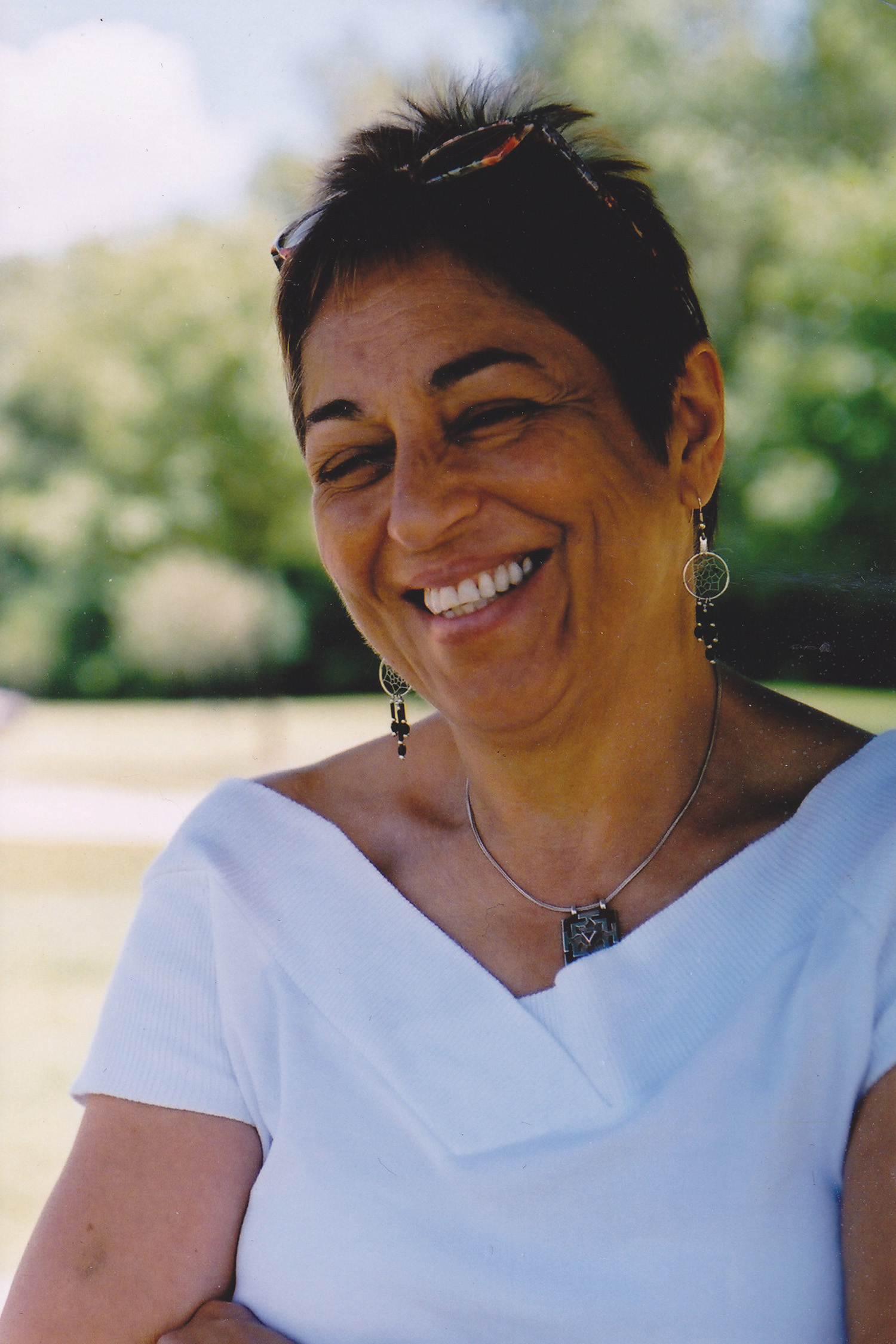 Toi Derricotte has published five collections of poetry, most recently, The Undertaker’s Daughter, winner of the 2012 Paterson Award for Sustained Literary Achievement from the Poetry Center. An earlier collection of poems, Tender, won the 1998 Paterson Poetry Prize. Her literary memoir, The Black Notebooks, published by W.W. Norton in 1997, won the 1998 Anisfield-Wolf Book Award for Non-Fiction and was a New York Times Notable Book of the Year. With Cornelius Eady, Derricotte co-founded Cave Canem Foundation, the historic workshop/retreat for African American poets. She is Professor Emeritus of English at Pitt and serves on the Academy of American Poets Board of Chancellors.
Toi Derricotte has published five collections of poetry, most recently, The Undertaker’s Daughter, winner of the 2012 Paterson Award for Sustained Literary Achievement from the Poetry Center. An earlier collection of poems, Tender, won the 1998 Paterson Poetry Prize. Her literary memoir, The Black Notebooks, published by W.W. Norton in 1997, won the 1998 Anisfield-Wolf Book Award for Non-Fiction and was a New York Times Notable Book of the Year. With Cornelius Eady, Derricotte co-founded Cave Canem Foundation, the historic workshop/retreat for African American poets. She is Professor Emeritus of English at Pitt and serves on the Academy of American Poets Board of Chancellors.
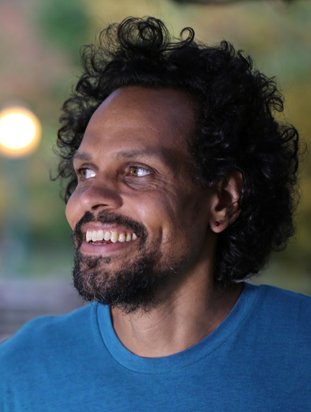 Ross Gay is the winner of the 2016 Kingsley Tufts Poetry Award for his collection Catalog of Unabashed Gratitude. Assistant professor of English at Indiana University, he is also the author of the collections Bringing the Shovel Down and Against Which. Gay also teaches in the low-residency MFA program at Drew University and is a Cave Canem fellow. He was a 2015 National Book Award finalist and is a finalist for the National Book Critics Circle Award.
Ross Gay is the winner of the 2016 Kingsley Tufts Poetry Award for his collection Catalog of Unabashed Gratitude. Assistant professor of English at Indiana University, he is also the author of the collections Bringing the Shovel Down and Against Which. Gay also teaches in the low-residency MFA program at Drew University and is a Cave Canem fellow. He was a 2015 National Book Award finalist and is a finalist for the National Book Critics Circle Award.
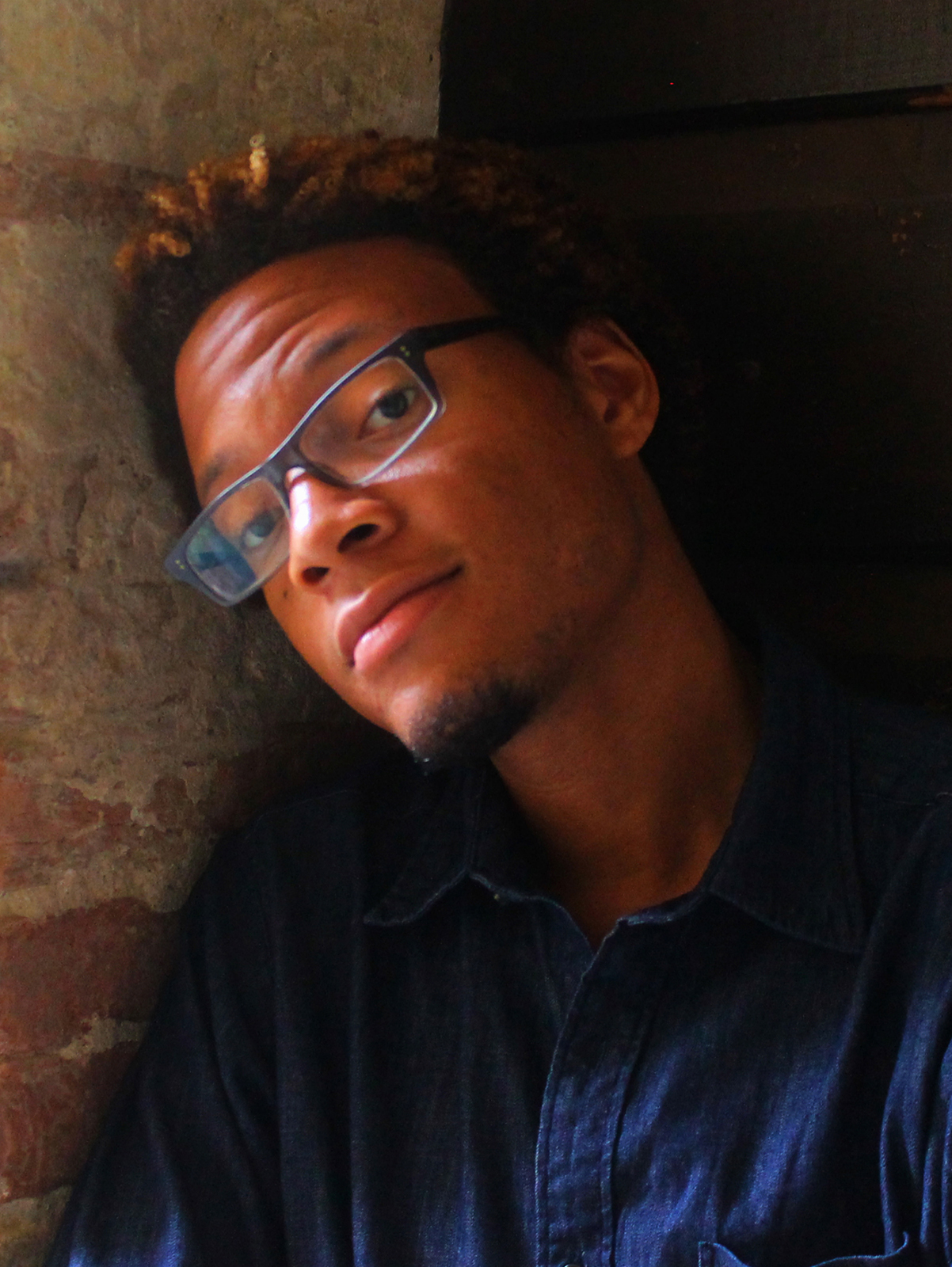 Rickey Laurentiis, Cave Canem Graduate Fellow, won the 2014 Cave Canem Poetry Prize for his first collection, Boy with Thorn. He is the recipient of a Ruth Lilly Fellowship from the Poetry Foundation, as well as fellowships from the Civitella Ranieri Foundation in Italy, the National Endowment for the Arts, and Washington University in St. Louis. Laurentiis is an adjunct assistant professor at Columbia University and director of Writing Corps at Harlem Children’s Zone. Born in New Orleans, Louisiana, he currently lives in Brooklyn, New York.
Rickey Laurentiis, Cave Canem Graduate Fellow, won the 2014 Cave Canem Poetry Prize for his first collection, Boy with Thorn. He is the recipient of a Ruth Lilly Fellowship from the Poetry Foundation, as well as fellowships from the Civitella Ranieri Foundation in Italy, the National Endowment for the Arts, and Washington University in St. Louis. Laurentiis is an adjunct assistant professor at Columbia University and director of Writing Corps at Harlem Children’s Zone. Born in New Orleans, Louisiana, he currently lives in Brooklyn, New York.
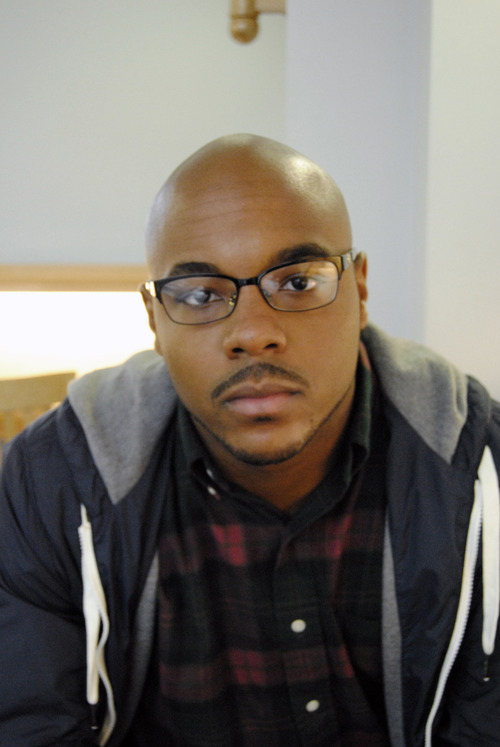 Nate Marshall won the 2014 Agnes Lynch Starrett Poetry Prize for his debut collection Wild Hundreds. He hails from the South Side of Chicago. Marshall is a Cave Canem Fellow and coeditor of The BreakBeat Poets: New American Poetry in the Age of Hip-Hop. Marshall has won the Hurston/Wright Founding Members Award and the Gwendolyn Brooks Open Mic Award, and was a finalist for the 2015 NAACP Image Award, poetry category. He is a visiting assistant professor of English at Wabash College, a member of the poetry collective Dark Noise, and also a rapper.
Nate Marshall won the 2014 Agnes Lynch Starrett Poetry Prize for his debut collection Wild Hundreds. He hails from the South Side of Chicago. Marshall is a Cave Canem Fellow and coeditor of The BreakBeat Poets: New American Poetry in the Age of Hip-Hop. Marshall has won the Hurston/Wright Founding Members Award and the Gwendolyn Brooks Open Mic Award, and was a finalist for the 2015 NAACP Image Award, poetry category. He is a visiting assistant professor of English at Wabash College, a member of the poetry collective Dark Noise, and also a rapper.
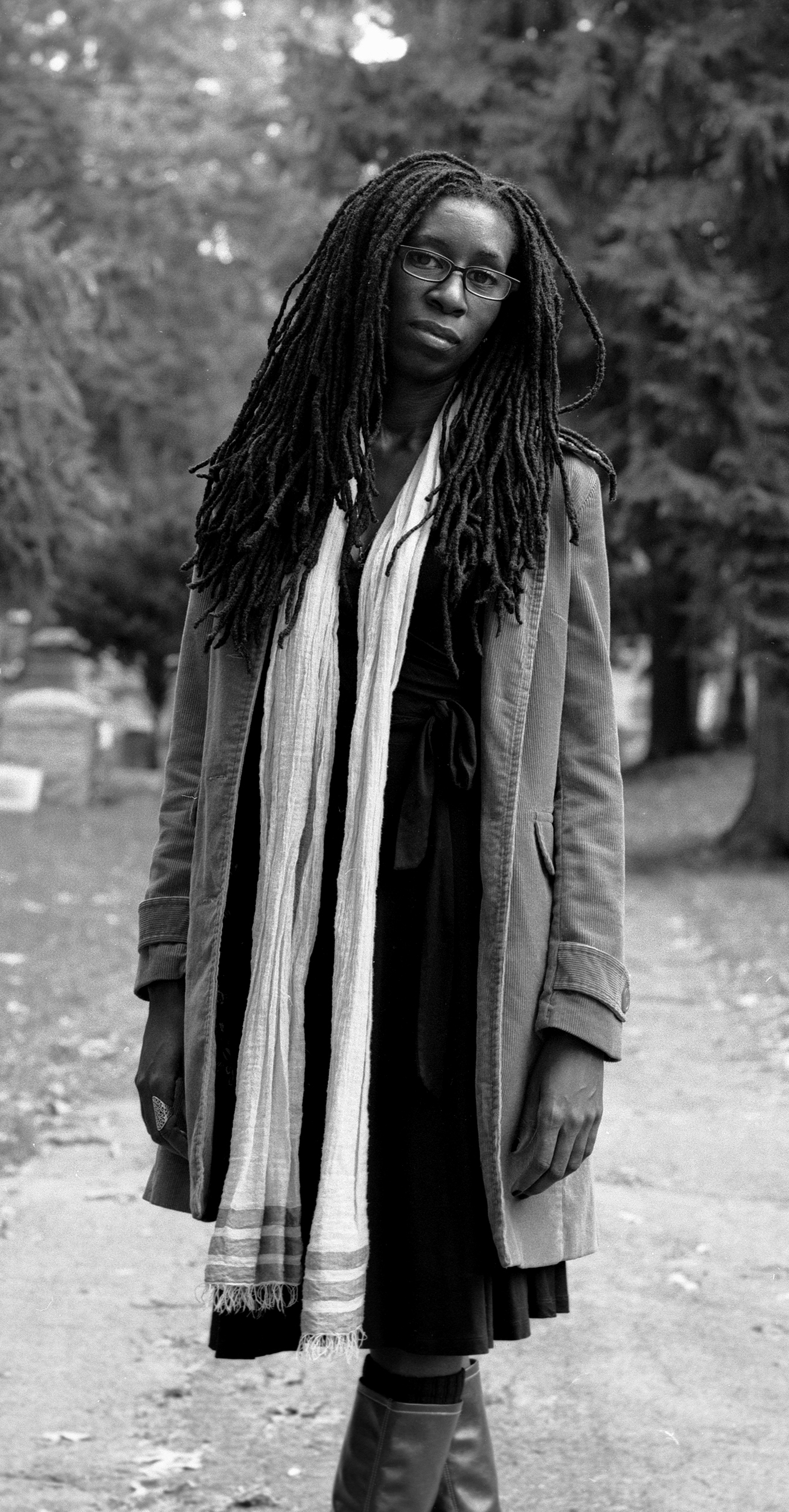 Lyrae Van Clief-Stefanon is associate professor of English at Cornell University. She is the author of ]Open Interval[, a 2009 National Book Award finalist, and Black Swan, winner of the 2001 Cave Canem Poetry Prize. She coauthored, with Elizabeth Alexander, the chapbook Poems in Conversation and a Conversation. She is currently at work on her third collection, The Coal Tar Colors.
Lyrae Van Clief-Stefanon is associate professor of English at Cornell University. She is the author of ]Open Interval[, a 2009 National Book Award finalist, and Black Swan, winner of the 2001 Cave Canem Poetry Prize. She coauthored, with Elizabeth Alexander, the chapbook Poems in Conversation and a Conversation. She is currently at work on her third collection, The Coal Tar Colors.
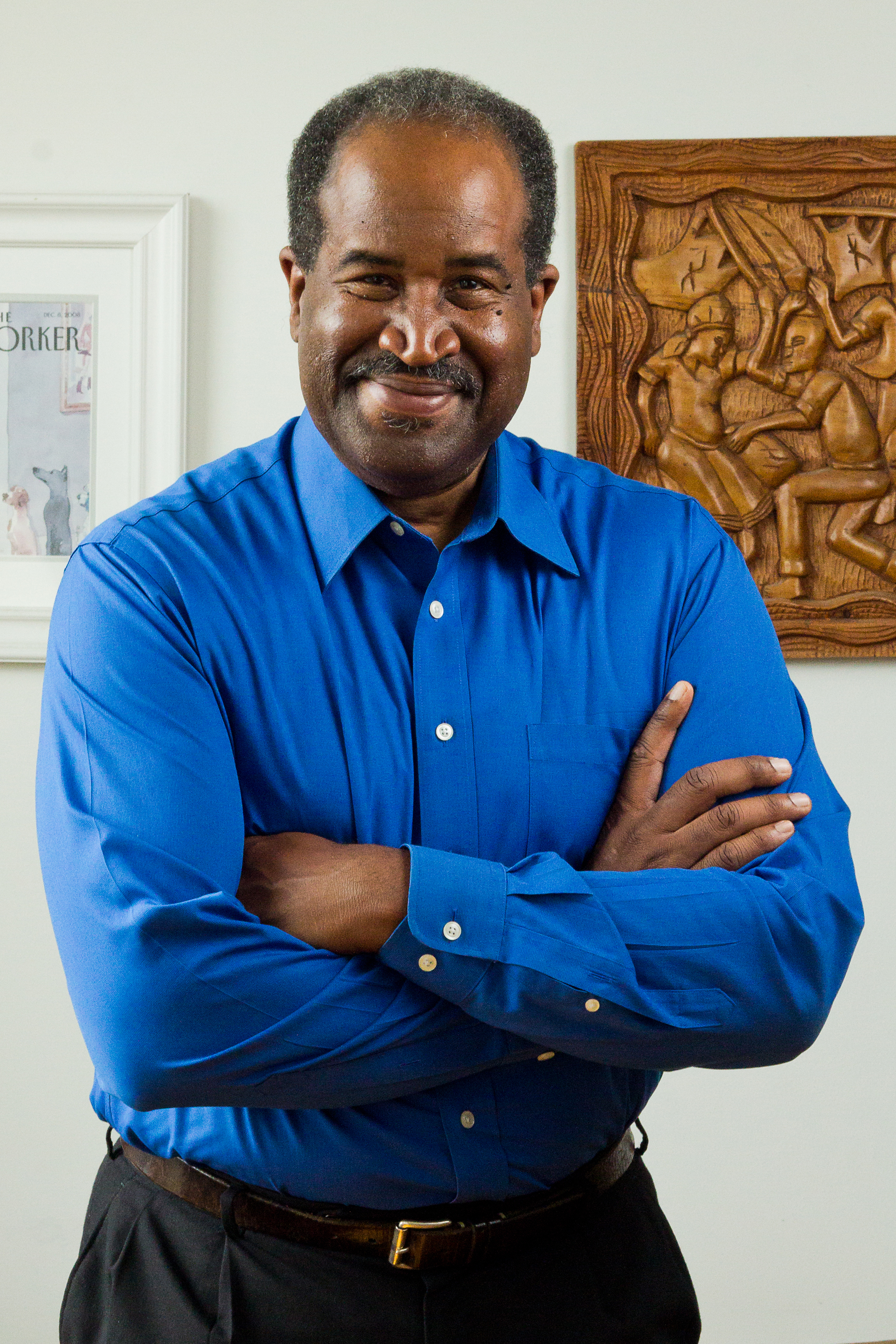 Afaa Michael Weaver is the author of The Government of Nature, winner of the prestigious Kingsley Tufts Poetry Prize. A native of Baltimore, Maryland, his first book of poetry, Water Song, was published in 1985 as part of the Callaloo series. Weaver’s other collections include Multitudes; Sandy Point; The Ten Lights of God; My Father’s Geography; Timber and Prayer, The Plum Flower Dance; and his latest, City of Eternal Spring. Weaver also writes short fiction and plays. Weaver has been a Pew fellow in poetry, and was the first Elder of Cave Canem. At Simmons College in Boston, Massachusetts, Weaver is the alumnae professor of English and director of the Zora Neale Hurston Literary Center. In addition, he is chairman of the Simmons International Chinese Poetry Conference.
Afaa Michael Weaver is the author of The Government of Nature, winner of the prestigious Kingsley Tufts Poetry Prize. A native of Baltimore, Maryland, his first book of poetry, Water Song, was published in 1985 as part of the Callaloo series. Weaver’s other collections include Multitudes; Sandy Point; The Ten Lights of God; My Father’s Geography; Timber and Prayer, The Plum Flower Dance; and his latest, City of Eternal Spring. Weaver also writes short fiction and plays. Weaver has been a Pew fellow in poetry, and was the first Elder of Cave Canem. At Simmons College in Boston, Massachusetts, Weaver is the alumnae professor of English and director of the Zora Neale Hurston Literary Center. In addition, he is chairman of the Simmons International Chinese Poetry Conference.
Sponsors
The University of Pittsburgh Press is a scholarly publisher with distinguished lists of books in several academic areas, as well as in poetry and short fiction. Its acclaimed Pitt Poetry Series, under the general editorship of Ed Ochester, has a list of award-winning poets, including former U.S. Poet Laureates Billy Collins and Ted Kooser, and some of the best African American poets writing today, such as Toi Derricotte, Afaa Michael Weaver, and 2015 National Book Award finalist Ross Gay.
The Center for African American Poetry and Poetics at the University of Pittsburgh, initiated and co-directed by Professors Dawn Lundy Martin and Terrance Hayes, has the mission of facilitating artistic and scholarly collaborations that cut across disciplines, innovate, and disrupt conventional concepts of poetry and poetics.
Year of the Humanities in the University, University of Pittsburgh
Provost Patricia Beeson has named the academic year 2015-2016 “The Year of the Humanities in the University.” The purpose of the year is to highlight the fundamental importance of humanistic thinking in research and education not only in humanities departments but also across the whole range of University schools and departments.

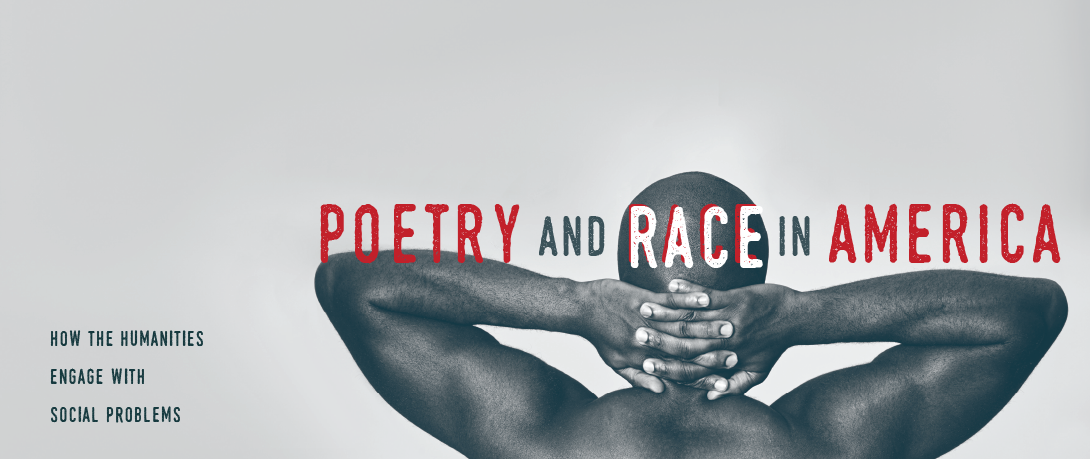
COMMENTS